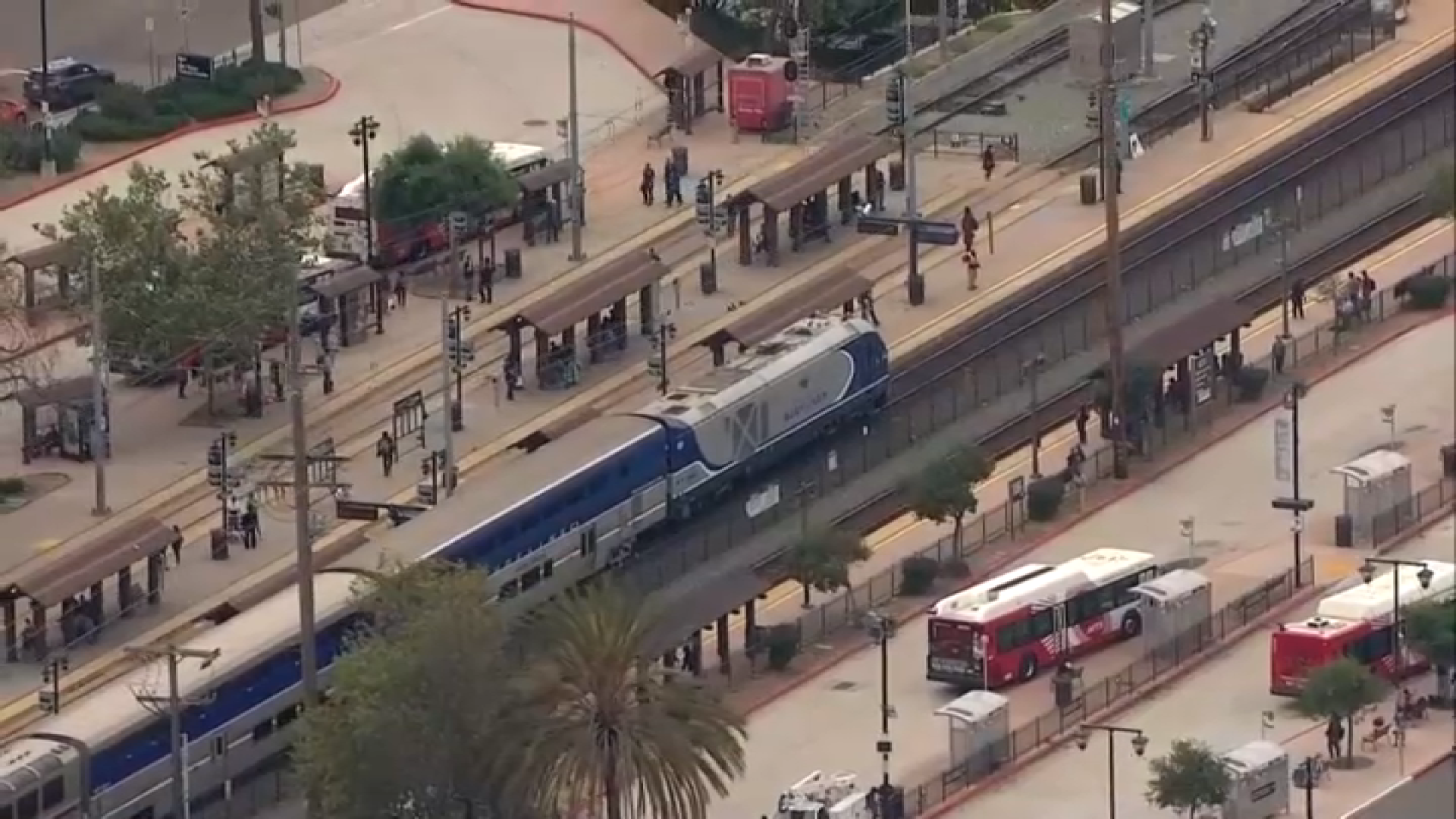NBC 7 Investigates was denied basic information about the firing of 11 San Diego Police Department officers from July 1, 2014 to June 30, 2015. Citing the “confidential” status of “personnel information,” SDPD Chief Shelley Zimmerman declined to name any of the officers or reveal why they were dismissed, even if the officer’s identity was not released.
The Chief’s office said it cannot make that information public because it is specifically exempt from release under the California Public Records Act (Government Code section 6254 (c)), and the California Penal Code (Section 832.7).
In other states this information is often publicly available from the officer’s personnel record. But in California, state law and labor contracts between the officers’ union and the cities they work for allow that information to remain secret, even after the officer is fired.
Critics, including former San Diego city councilmember Donna Frye, said the public deserves to know more about why officers are fired.
“I believe that the public interest outweighs the privacy interests (of officers and their departments), especially if some of those behaviors may have involved members of the public,” said Frye, who continues her advocacy for open government as a board member of CalAware, a public interest group that pushes for open government and transparency.
Terry Francke, General Counsel and Executive Director of CalAware, said no other public employees in California are so completely protected by state laws and codes that prohibit the release of information about their job history.
In California the public has access to license revocation information for doctors, lawyers, barbers and building contractors, who are licensed by the state. Francke said personnel information about state and local government employees is also often available, but law enforcement personnel are exempt.
Local
Francke, who advises media outlets, including NBC 7, on how to obtain public records and get access to public meetings, said laws protecting the employment history of California peace officers is a result of the “enormous power in the legislature of (labor) unions generally, and police unions specifically.”
He said the Democratic Party’s majority at the state capitol is “very responsive to union priorities and concerns” and both political parties are “concerned about law enforcement priorities” as voiced by labor unions that represent peace officers.
One Democrat, State Senator Mark Leno, wants to open the door of secrecy on law enforcement discipline. While not directly confronting the current prohibitions on the release of information about terminations, Leno’s bill (SD 1286) would allow the public to learn more about the results of investigations into peace officer misconduct.
Right now, those documents are also generally considered exempt from disclosure. Leno’s bill would also make other law enforcement personnel records -- including complaints against officers -- public record. The American Civil Liberties Union supports Leno’s bill, which is now being considered in committee.
SDPD Chief Zimmerman told NBC 7 Investigates she did not personally oppose the release of information about why the 11 officers were fired, but said state law and exemptions to the CPRA prohibit her from doing so.
The department did release limited statistical information about some of the fired officers. One of them was a 27-year veteran; another served the department for 24 years. A third officer had been with the department just 10 months when he (or she) was fired.
Those statistics also reveal Chief Zimmerman fired five officers in a less than two month span, from May 8th to June 30th, 2015.
This is one of a series of posts from NBC 7 Investigates highlighting the public’s right of access to information. The stories were published to coordinate with Sunshine Week, an annual campaign bringing attention to federal and local access issues. In California, the public is able to request information from government agencies, offices and officials through the California Public Records Act. For more information on how to request information click here.



